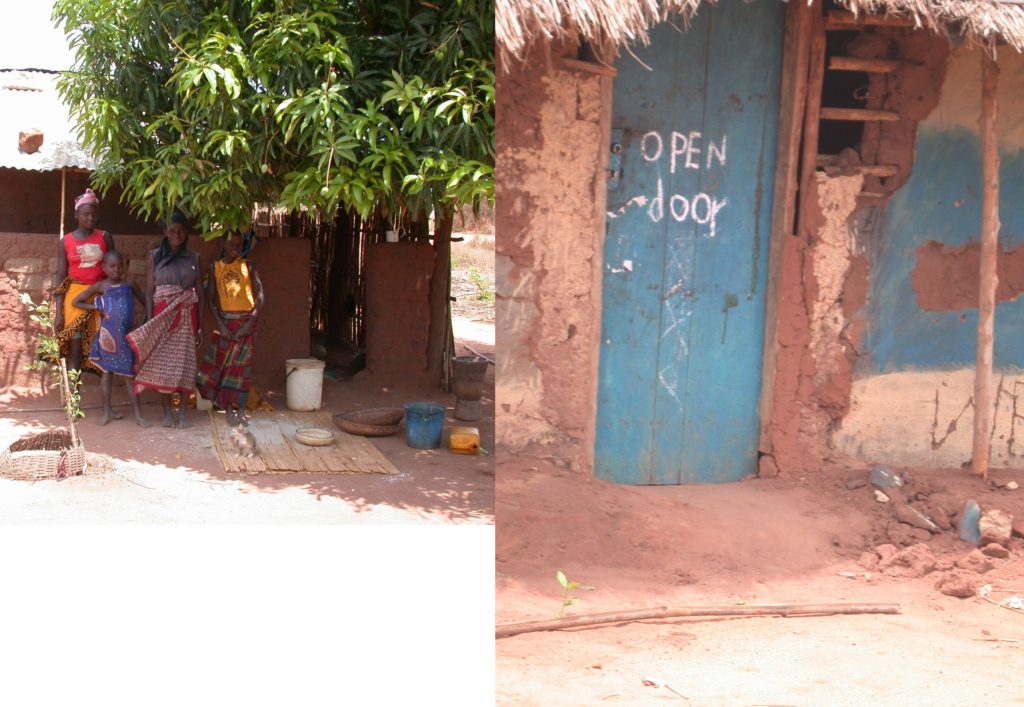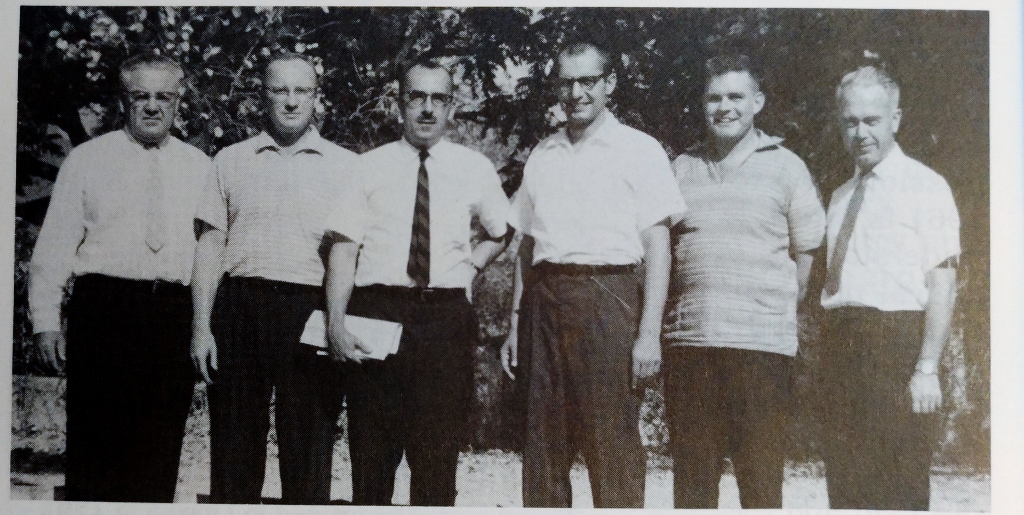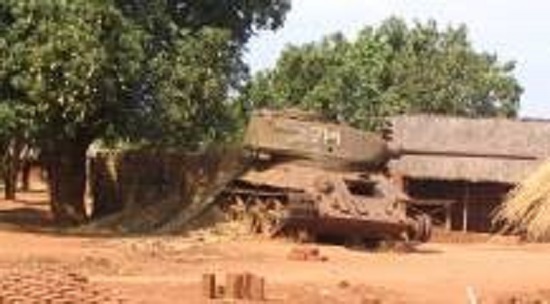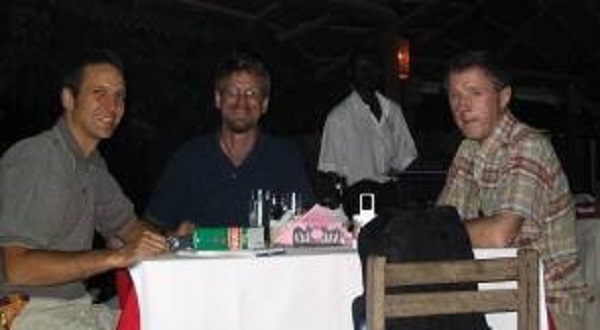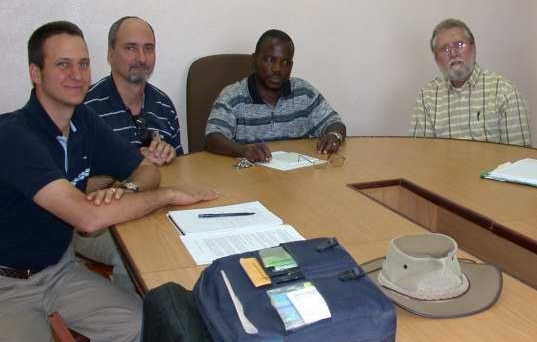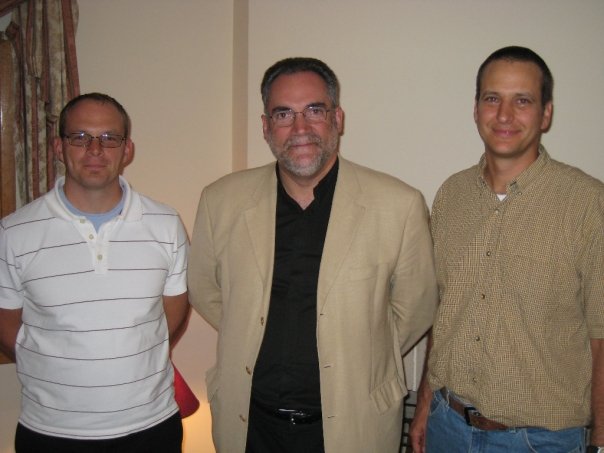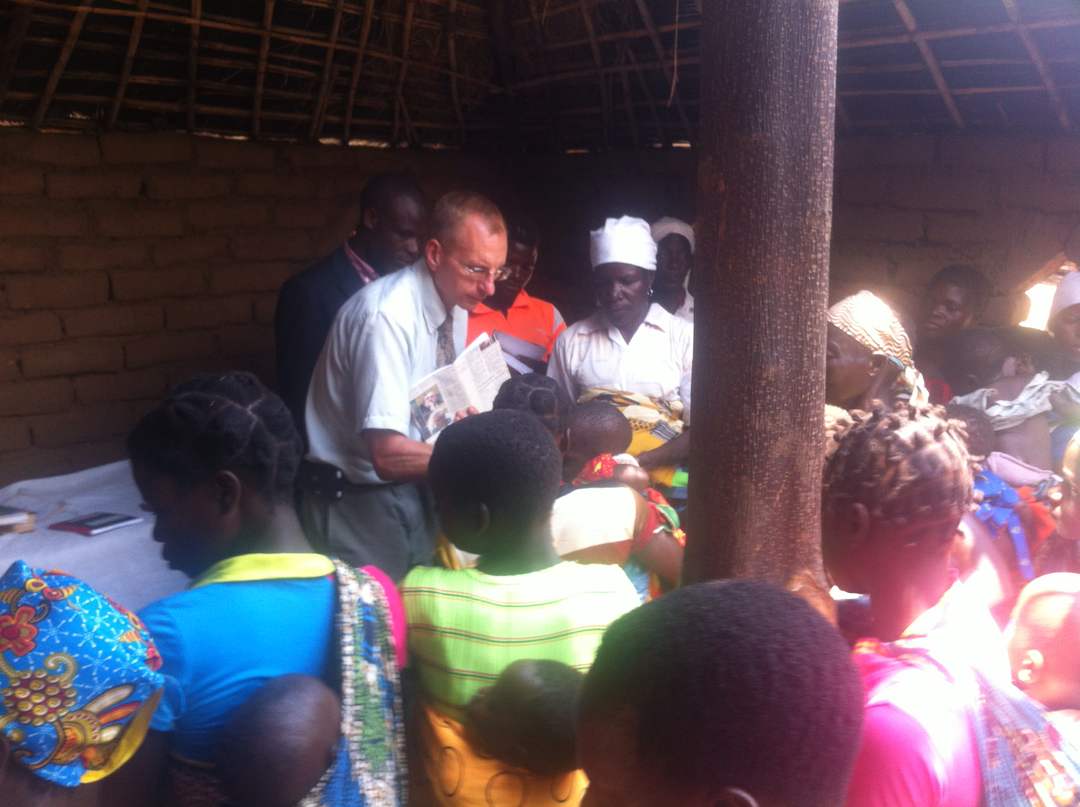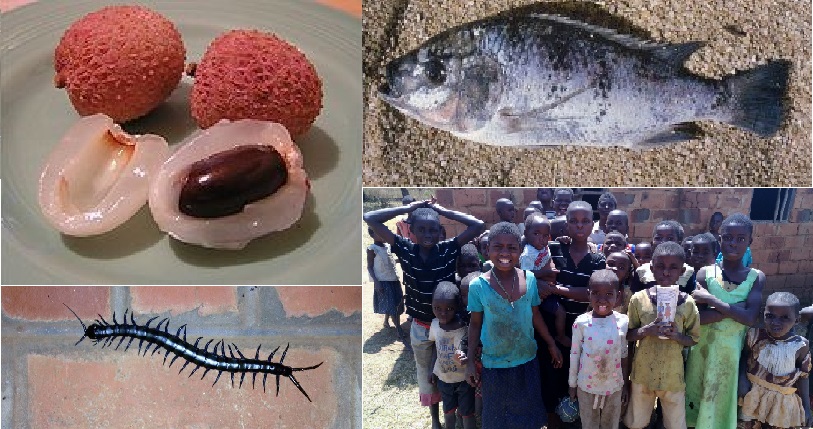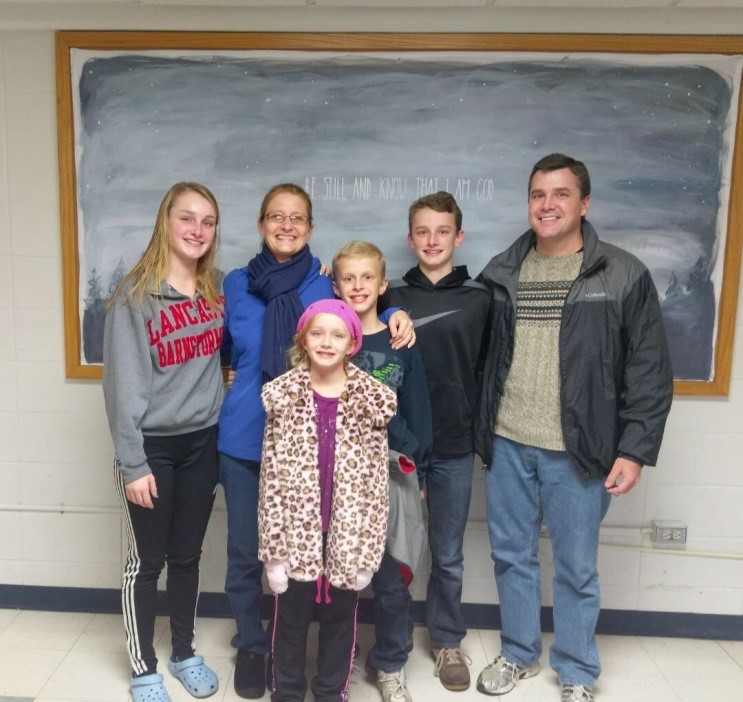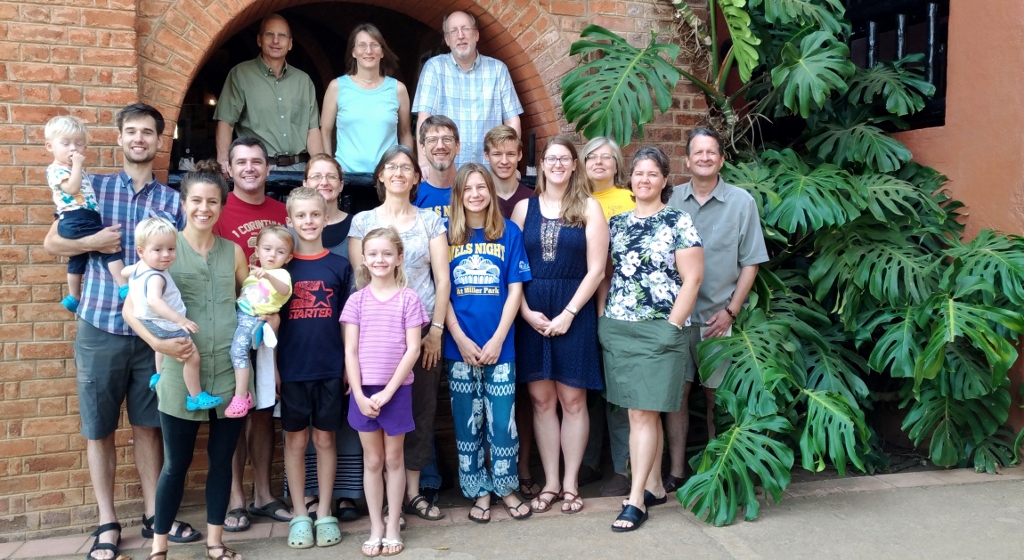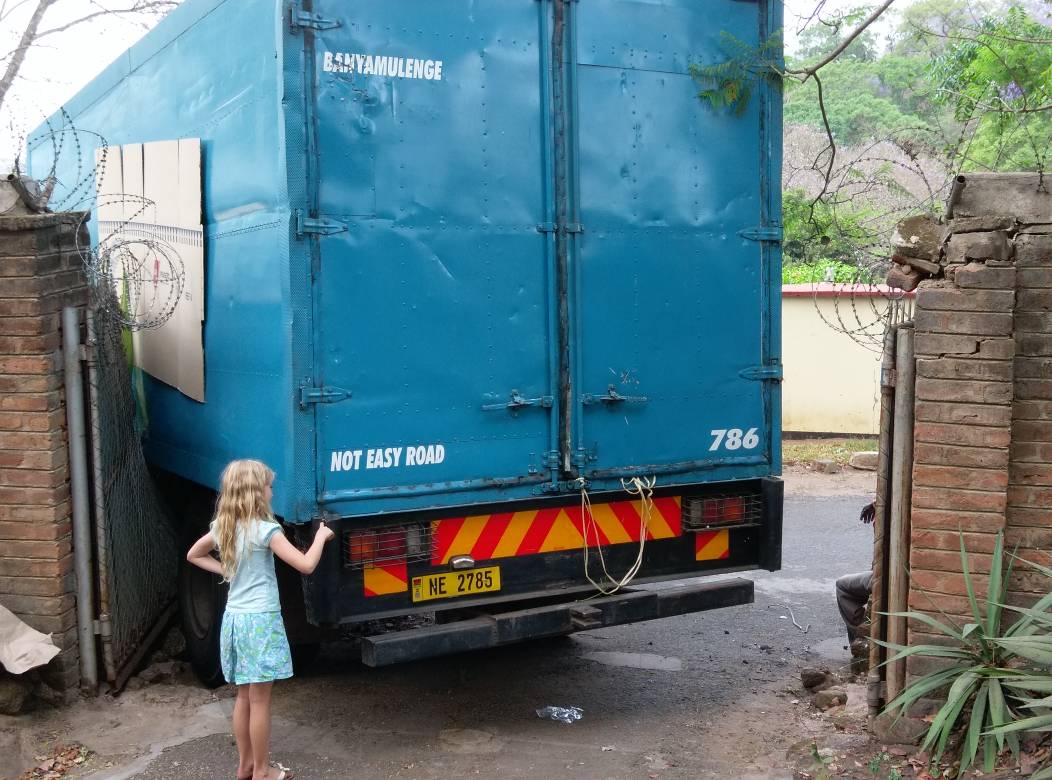God’s Business – As Ususal
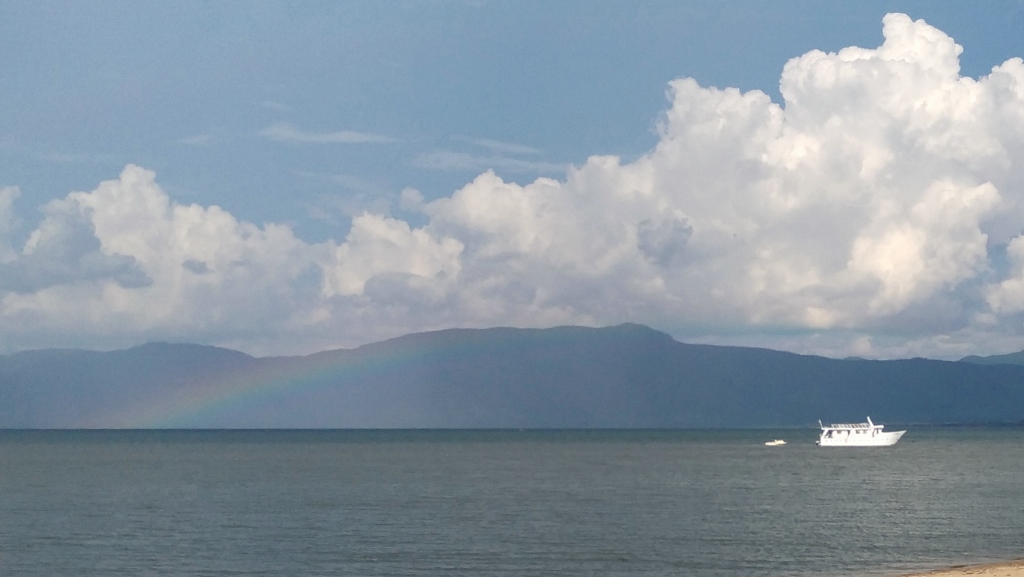
“I planted the seed, Apollos watered it, but God has been making it grow.” (1 Cor. 3:6)
To me, everything was business as usual. Nothing stood out as extraordinary. It was just another meeting.
Two weeks ago, the leaders of the Lutheran Church of Central Africa-Malawi Synod (LCCA-MS) met with the leaders of the WELS mission in Malawi. Five Malawians represented the local synod. Three missionaries represented WELS. We gathered at a rustic little lodge on the southern shores of Lake Malawi in a region called Mangochi.
The scenery was stunning, but the meeting felt routine to me. In the past 10 or 12 years, I have participated in dozens and dozens of such meetings. So when we gathered in Mangochi, I didn’t think much of it. It took the fresh perspective of a newly-arrived missionary to recognize what was extraordinary.
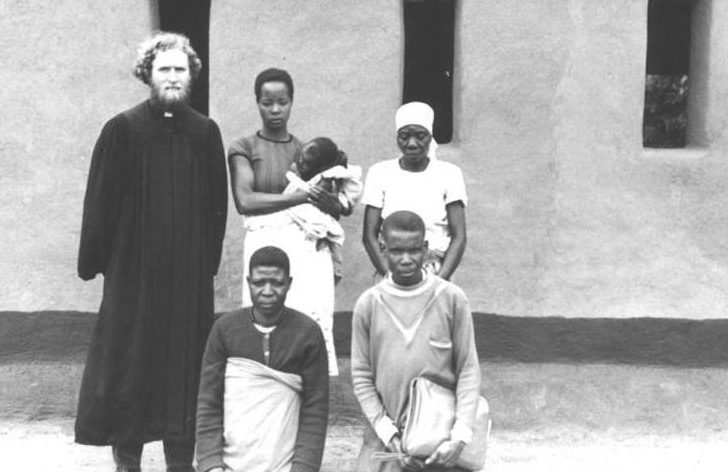
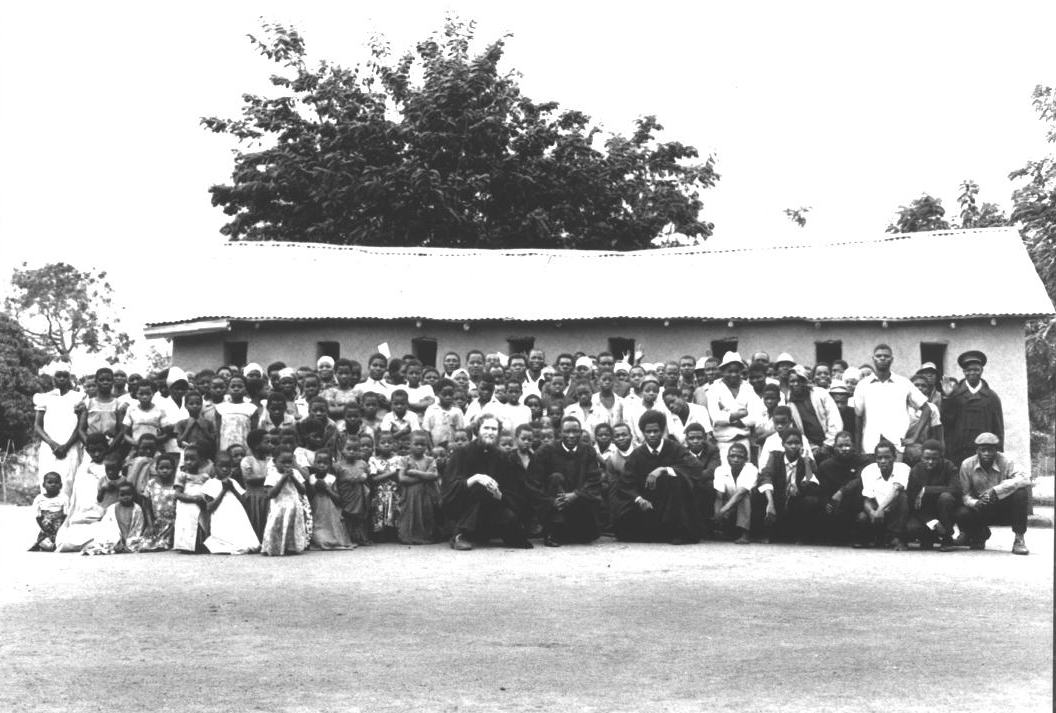
Let me explain. The LCCA-MS is almost 55 years old. In 1963, two WELS missionaries from the neighboring country of Zambia moved to the densely-populated southern region of Malawi. Back then, WELS missionaries did 100% of the ministry in Malawi. They preached all the sermons in the local languages, baptized all the babies and taught the confirmation classes. Yes, there were a few dedicated laymen and church elders who could help with this, but the LCCA-MS did not have even a single Malawian pastor until 1976.
In fact, the missionaries weren’t just doing the preaching and baptizing. Back in the early days, missionaries also served as the elected officers of the local synod. A missionary served as synod president, another as vice president, as secretary, treasurer and so on. The missionaries ran the meetings of the church. The missionaries made the plans and controlled all of the funding.
Think about that for a minute. Back in 1975, all the members of the Lutheran Church of Central Africa-Malawi Synod were native Africans, and all of the pastors and leaders of their synod were foreign missionaries.
How strange! How very, very strange.
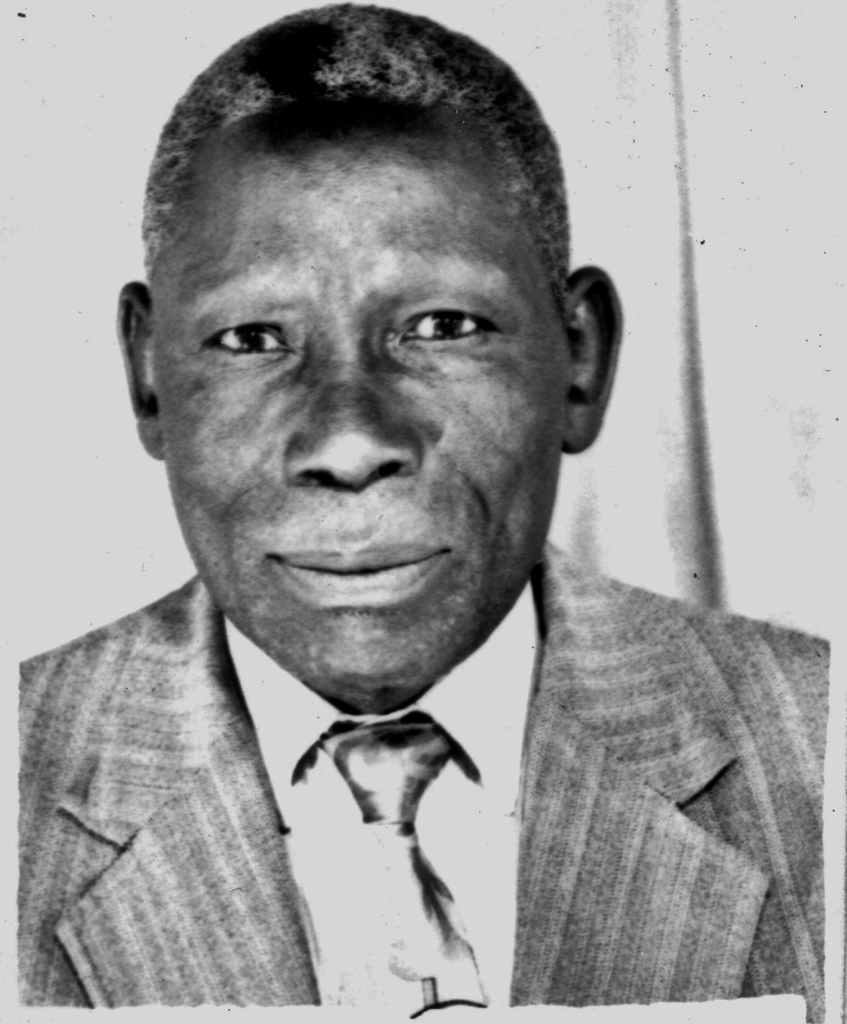
Things are much different today. Today there are about 35 Malawian pastors and vicars who serve the LCCA-MS. No congregation of the LCCA-MS is regularly served by an American. Malawian pastors do virtually all of the preaching, all of the baptizing, all of the confirmations and the funerals. All of these pastors are paid and supported by the congregations that they serve. Today, the executive committee of the LCCA-MS is a five man board, and every one of them is a Malawian. They stand at the head of a Synod that numbers more than 45,000 baptized souls.
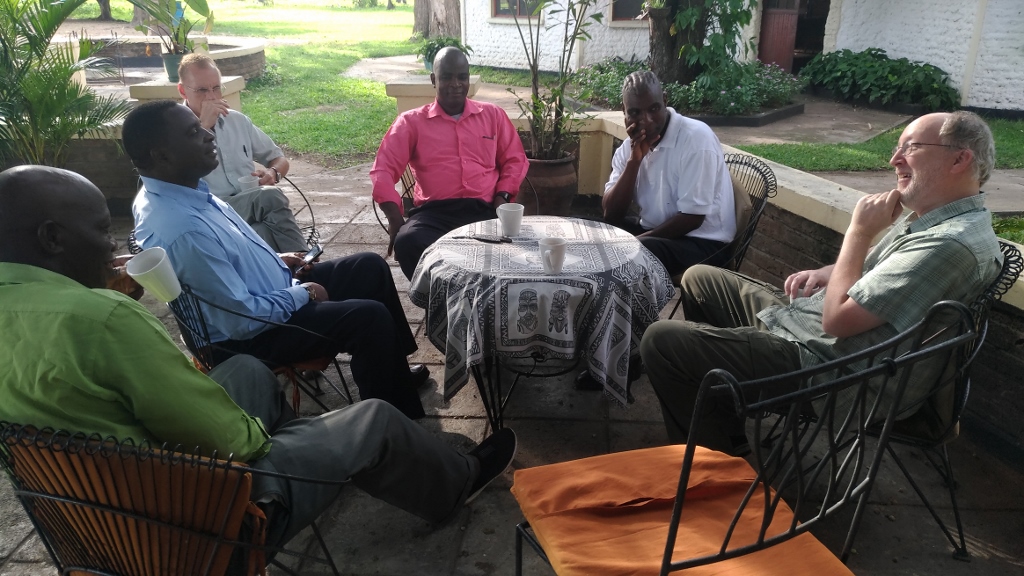
Two weeks ago I sat beneath a large Kachere tree on the shores of Lake Malawi. As a warm breeze blew across the lake and monkeys bounded through the branches of the tree, three WELS missionaries met with the leaders of the local Malawian synod. All five of those LCCA leaders had names that might sound strange to you – names like Rev. Riphat Matope (mah-TOE-pay), the Synod Chairman, or Rev. Alfred Kumchulesi (KOOH-mtchoo-lay-see), the Synod secretary – but they are not strange to me. They are my friends, my brothers in God’s family, my fellow workers in Christ’s vineyard. So we sat and talked like brothers, easily and openly, about the gospel ministry we share.
There was a time not too long ago when the LCCA-MS had very few members and not even a single pastor. Now they have 45,000 baptized members and better than three dozen pastors. There was a time when foreign missionaries completely controlled the operation and administration of the synod. But now we take the fact for granted: It is a Malawian synod, and Malawians will lead it.
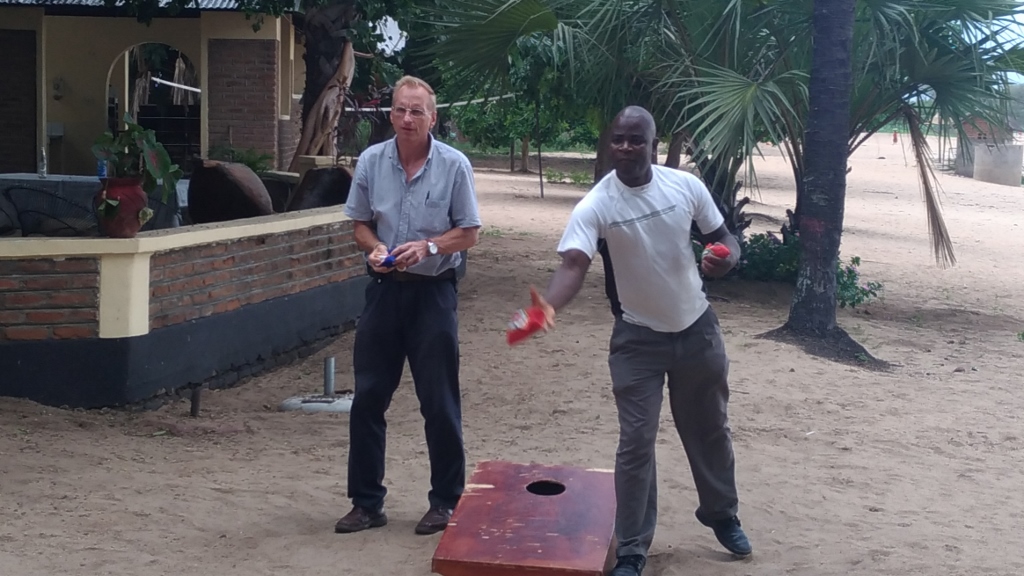
And perhaps the most amazing thing is this… No one bats an eyelash anymore. It’s business as usual. It’s our standard practice over here.
Amazing growth. Amazing grace. God’s business – as usual.
Missionary Mark Panning teaches at the Lutheran Bible Institute in Lilongwe, Malawi
Please pray for those working in fields that are ripe for harvest. Share their story, engage with future news and receive updates. Go to this link to learn more about our mission fields in Africa and how the Holy Spirit is working faith in people’s hearts https://wels.net/serving-others/missions/africa
